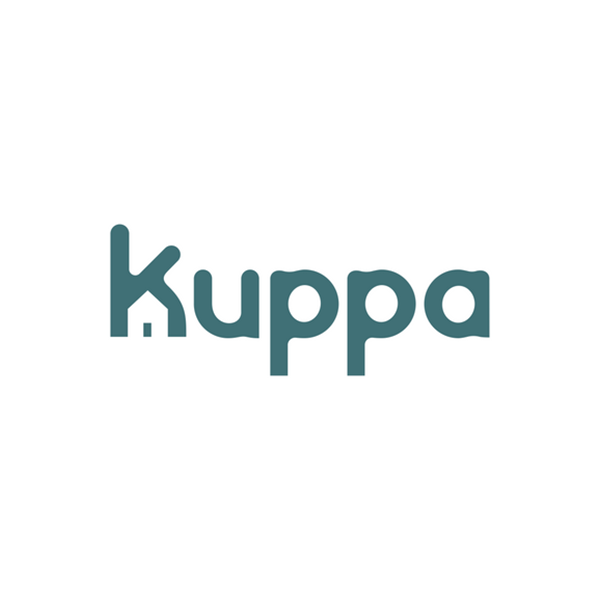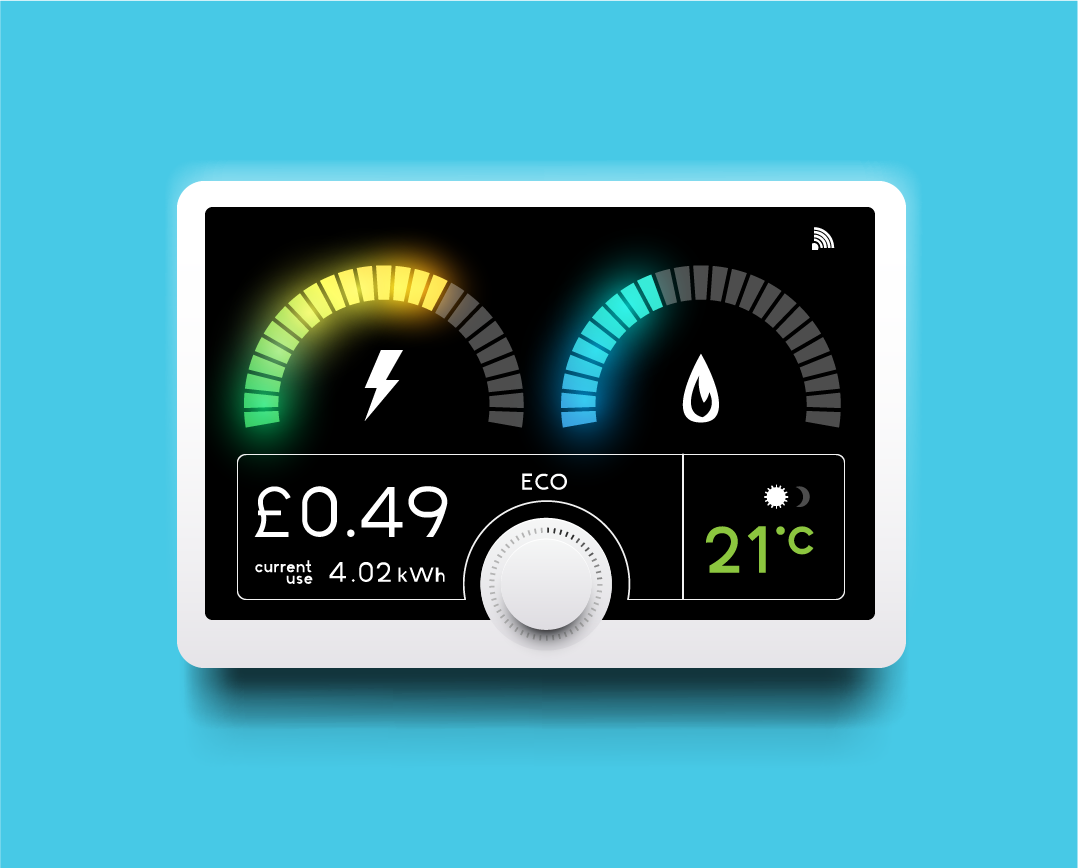Kuppa: How innovation can support local authorities’ building portfolio challenge
A critical investigation of how innovation in data gathering, processing and communication can support local authorities’ building portfolio challenge, combining approaches to technical readiness and resident readiness to accelerate home decarbonisation.

Lead Organisation
Kuppa
URL
Status
Project completed March - June 2023
Location
Wolverhampton
Funding
£21,218 inc VAT
About the project
We simulated decarbonisation pathways for 33 ‘hard to treat’ (Victorian terrace) gas heated homes in Wolverhampton Homes’ portfolio.
- Used public and portfolio data (including photos of the building stock taken by residents and aerial satellite data) and calibrated with behavioural data (energy consumption/SMARTmeter data).
- Simulated 100+ pathway combinations across homes, including modelling air to water/air to air heat pumps, battery, solar, fabric upgrades and time of use tariffs.
We also developed an understanding of ‘readiness’ levels for residents when it comes to home decarbonisation projects.
We engaged with residents using a WhatsApp journey. Using this we:
- Identified persona types that segment according to readiness, which scores identifiers/markers that the resident would accept and benefit from a solution
- We benchmarked this against existing customer segmentation work to validate our findings
- Developed thinking for an engagement app that would prepare residents for works, including (1) Logistics and (2) Training in low-temp heating, heating controls, time of use tariffs.
The technical innovation we undertook included:
- Simulating half hourly consumption and home energy management using actual SMART meter data
- Testing a computer vision module that allowed us to size radiators to feed heat pump sizing estimators (and cost estimates). This helped us develop pathways that minimised radiator/pipework upgrades.

What has been delivered? What has been successful?
For the first time we created a dynamic model that runs hourly annual simulations and allows a portfolio owner to optimise for different outcomes (capital cost vs carbon savings, a specific EPC grade for example). This was tested within a pathway analysis tool simulates the impact of a range of pathways, including heat pump, solar, battery, time of use tariffs and fabric upgrades.
- Success: we have built an MVP app that brings together the technical analysis and the resident analysis to create a single view of the property. As a group, we envisaged that this could be built out as a planning and engagement tool where local contractors could interact and update, and the resident could be surfaced content to help them understand the changes to their property and any changes they need to make (e.g. using heating controls).
- Success: Kuppa’s model ingests behaviour and comfort data and offers an individual asset + portfolio view. We were able to get feedback from portfolio owners to inform tool development.
- Success: In the spirit of a just transition, WhatsApp allowed us to support residents who are ESOL as they can translate via the App and also a Deaf resident.
Key lessons learnt
Interpreting unstructured data is essential to developing credible and robust net-zero pathways
Retrofit, whether fabric or electrification, is incredibly hard because it requires real expertise in pulling together data of varying quality and interpreting it, and then making complicated decisions (energy, risk, cost). In Phase 1 we learnt that much of the insight into a building exists within complex combination of data sets, e.g SMART meter data, and non-structured data such as Satellite, Aerial LiDAR, OS, Internal Photos/videos that gives insight into external and internal building condition, or in the case of occupant engagement in the complex interactions that are had up and down the supply chain. The rapidly evolving field of AI can help us contextualise this data and leverage it into pathway design.
Building on EPC/SAP is essential to meet the needs of portfolio actors
Portfolio actors see the benefits of expanding the measure mix, incorporating for example Time of Use Tariffs and Storage, EV/transport vector, and considering adjacent co-benefits of overheating risk (CIBSE TM59), Damp, mould and risk assessment. They also have considerable amounts of corporate data (stock models) that they want to incorporate.
Placing user experience at the core of Kuppa-OS is what sets us apart.
Kuppa-OS’ secret sauce is the seamless integration of our occupant pathway with the technical decarbonisation pathway. You can’t just provide the data, analysis and tooling for the technical pathway development, so we also actively engage and guide residents throughout their decarbonisation ‘path’. Combining these pathways with an in-depth understanding of individual properties, their specific energy needs, and the household profiles, we offer a unique, data-driven approach to reducing carbon emissions. We call this our ‘Occupant typology’ framework.
Next steps
We’ll take this forward by focusing our project around two innovations:
- Data Transformation: Kuppa-OS intelligently transforms large complex data sets into actionable analysis layers for assessment, specification, costing and delivery support
- User Experience (UX): We’re codifying our occupants’ experience insights into an ‘occupant typology’ framework, ensuring educational engagement and building measure appropriateness.

